Professor G. Devarajan, General Secretary of the All India Forward Bloc (AIFB), affirmed this in an interview with a VNA reporter in New Delhi on the occasion of the 95th anniversary of the founding of the Communist Party of Vietnam (February 3, 1930 - February 3, 2025).
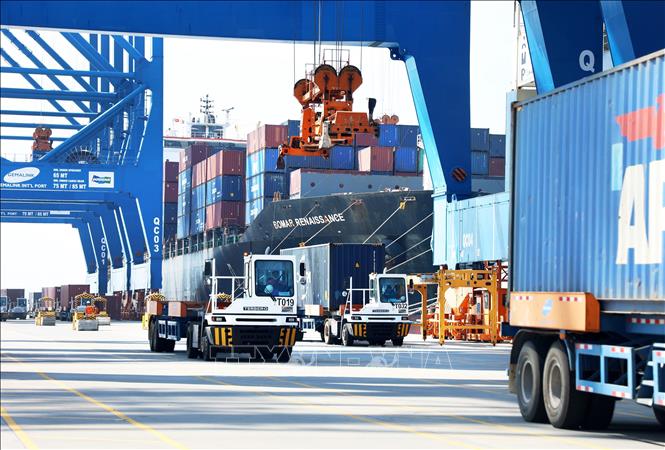 Exporting goods at Cai Mep - Thi Vai port cluster, Phu My town, Ba Ria - Vung Tau province. Photo: Hong Dat/VNA
Exporting goods at Cai Mep - Thi Vai port cluster, Phu My town, Ba Ria - Vung Tau province. Photo: Hong Dat/VNA
The Doi Moi reforms initiated by the Communist Party of Vietnam in 1986 marked a significant shift in Vietnam’s economic policy. Faced with economic stagnation, widespread poverty, and the inefficiency of the state-run economy, the leadership of the Communist Party of Vietnam recognized the need for comprehensive reforms. The Doi Moi process was designed to modernize Vietnam’s economy, improve efficiency, and open the country to global trade while maintaining the state’s socialist orientation. These reforms helped transform Vietnam from one of the world’s poorest countries into a rapidly growing economy with significant improvements in living standards, infrastructure, and human development. Under the leadership of the late General Secretary Nguyen Phu Trong, the Communist Party of Vietnam has continued to successfully pursue this process, ensuring sustainable development and socio-economic stability, while maintaining the Party’s leading role in governance of the country.
Professor G. Devarajan expressed his belief that under the current leadership of the Communist Party of Vietnam, General Secretary To Lam and President Luong Cuong, the Doi Moi process will continue and new challenges will be addressed in the modern globalized world. According to the Professor, the leadership must focus on maintaining economic growth, improving social welfare and ensuring the Party's leading role in the country's political life. Because, according to the Professor, one of the key aspects that contributed to Vietnam's success during the Doi Moi period is the Communist Party of Vietnam's ability to maintain political stability while implementing reforms.
Assessing the efforts of innovation and reform that the Communist Party of Vietnam is carrying out in the process of leading the country, Professor Devarajan said that transformation and modernization, anti-corruption and streamlining the administrative apparatus are essential activities to achieve the Party's long-term goals of sustainable development, social equity and political stability. By preventing corruption, the government ensures that policies and resources reach the people, while improving the effectiveness of management, and ultimately strengthening the leadership of the Communist Party of Vietnam and its relationship with the people.
The professor expressed his delight at the significant focus of Vietnam’s current leadership on anti-corruption efforts and ensuring the Party’s accountability to the people. According to him, the anti-corruption campaign has helped improve public confidence in the Party and its ability to deliver on its promises of modernization and development. The current leadership of the Communist Party recognizes that sustained anti-corruption efforts are necessary to achieve the broader goals of national development, social justice, and political stability. By continuing to tackle corruption, the Party ensures that the fruits of its policies are truly shared by all, especially those who are disadvantaged, while also strengthening its credibility as the country’s leading political force.
In fact, an important step in the fight against corruption is to streamline and modernize the administrative apparatus. The Party’s ability to lead the country effectively depends on effective, transparent and accountable public institutions. When corruption is successfully fought and the administrative apparatus is streamlined, the benefits of government policies and development programs will reach the people more effectively. Fighting corruption ensures that public resources are directed to projects that truly address the needs of the most vulnerable segments of society. Professor G. Devarajan stressed that the Communist Party of Vietnam’s continued commitment to tackling corruption and improving governance will strengthen the Party’s leadership, enhance public trust and lay the foundation for a more equitable and prosperous future for all Vietnamese citizens.
On the goal of rising up in the new era, Professor Devarajan commented that Vietnam is standing on the threshold of a new period of progress, equipped with ideology and deep dedication to people-oriented policies under new leadership. This transitional period marks an important chapter in the country's ongoing development journey and under the current leadership of the Party, Vietnam is ready to reach new heights, meeting the aspirations of the people.
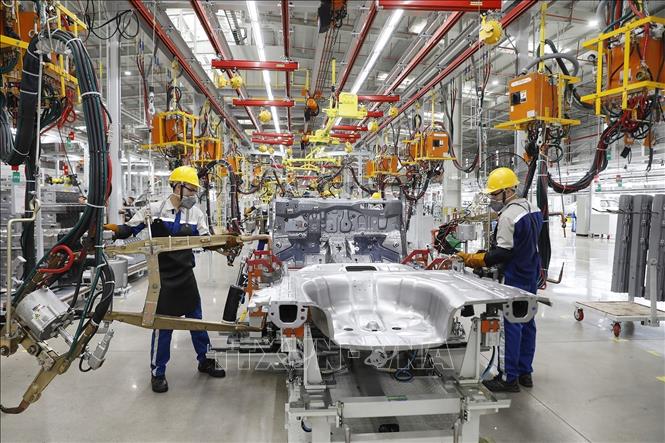 Hyundai Thanh Cong automobile production and assembly line. Photo: Duong Giang/VNA
Hyundai Thanh Cong automobile production and assembly line. Photo: Duong Giang/VNA
According to the Professor, as Vietnam enters a new era of development and transformation, the Communist Party of Vietnam, as its leader, faces both great opportunities and challenges in implementing its socialist-oriented policies. These policies play a central role in Vietnam’s journey towards modernization, economic development and social equity. The Party’s strategic goal is to sustain progress while ensuring that the benefits of development are widely shared among the people. Vietnam’s rapid economic growth over the past few decades has made the country one of the fastest growing economies in Southeast Asia. This economic dynamism provides significant opportunities to further expand its socialist-oriented market economy, balancing state-led planning with market-based reforms. As a result, Vietnam has the opportunity to further economic growth, integrate into the global economy, advance technology, improve social welfare and reduce poverty.
Vietnam also faces challenges such as balancing market reforms with socialist ideals, growing income inequality, issues of privatization and state control, geopolitical tensions and other security challenges, environmental sustainability, technological disruption, changes in the labor market, etc. However, according to Professor Devarajan, by leveraging its core strengths – people-centered policies, ideological commitment and lessons learned from past experiences – the Communist Party of Vietnam can steer the country towards continued progress, ensuring the realization of its vision of a prosperous, just and equitable society. With the right balance of innovation, prudence and strategic planning, Vietnam can successfully overcome the challenges and seize the opportunities ahead, meeting the aspirations of its people and contributing to the global movement for peace, justice and socialism.
Professor Devarajan affirmed that the All India Forward Bloc (AIFB), as a devoted ally in the global socialist movement, has always stood united and enthusiastically supported the Communist Party and the people of Vietnam. He believed that under the leadership of the Communist Party, Vietnam would move forward successfully, overcome all obstacles and attain greater heights of development and prosperity.
Professor Devarajan expressed his admiration for Vietnam’s achievements and applauded the Communist Party of Vietnam’s dedication to revolutionary principles, its people, and its commitment to a better, more equitable future. In congratulating the Communist Party of Vietnam on its 95th anniversary, the Professor stressed that the journey Vietnam is undertaking will not only elevate the country but also serve as an inspiring example for socialist movements around the world, demonstrating that a people-centered development path is not only possible but also necessary to achieve true social justice.
Ngoc Thuy - Quang Trung (Vietnam News Agency)



![[Photo] Overcoming all difficulties, speeding up construction progress of Hoa Binh Hydropower Plant Expansion Project](https://vstatic.vietnam.vn/vietnam/resource/IMAGE/2025/4/12/bff04b551e98484c84d74c8faa3526e0)


![[Photo] Closing of the 11th Conference of the 13th Central Committee of the Communist Party of Vietnam](https://vstatic.vietnam.vn/vietnam/resource/IMAGE/2025/4/12/114b57fe6e9b4814a5ddfacf6dfe5b7f)

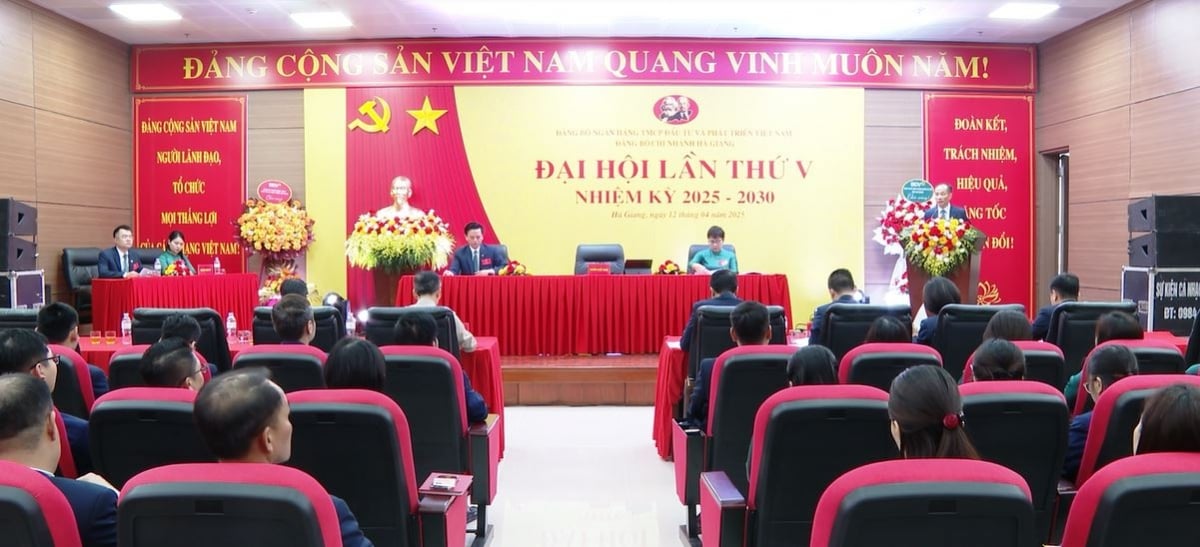


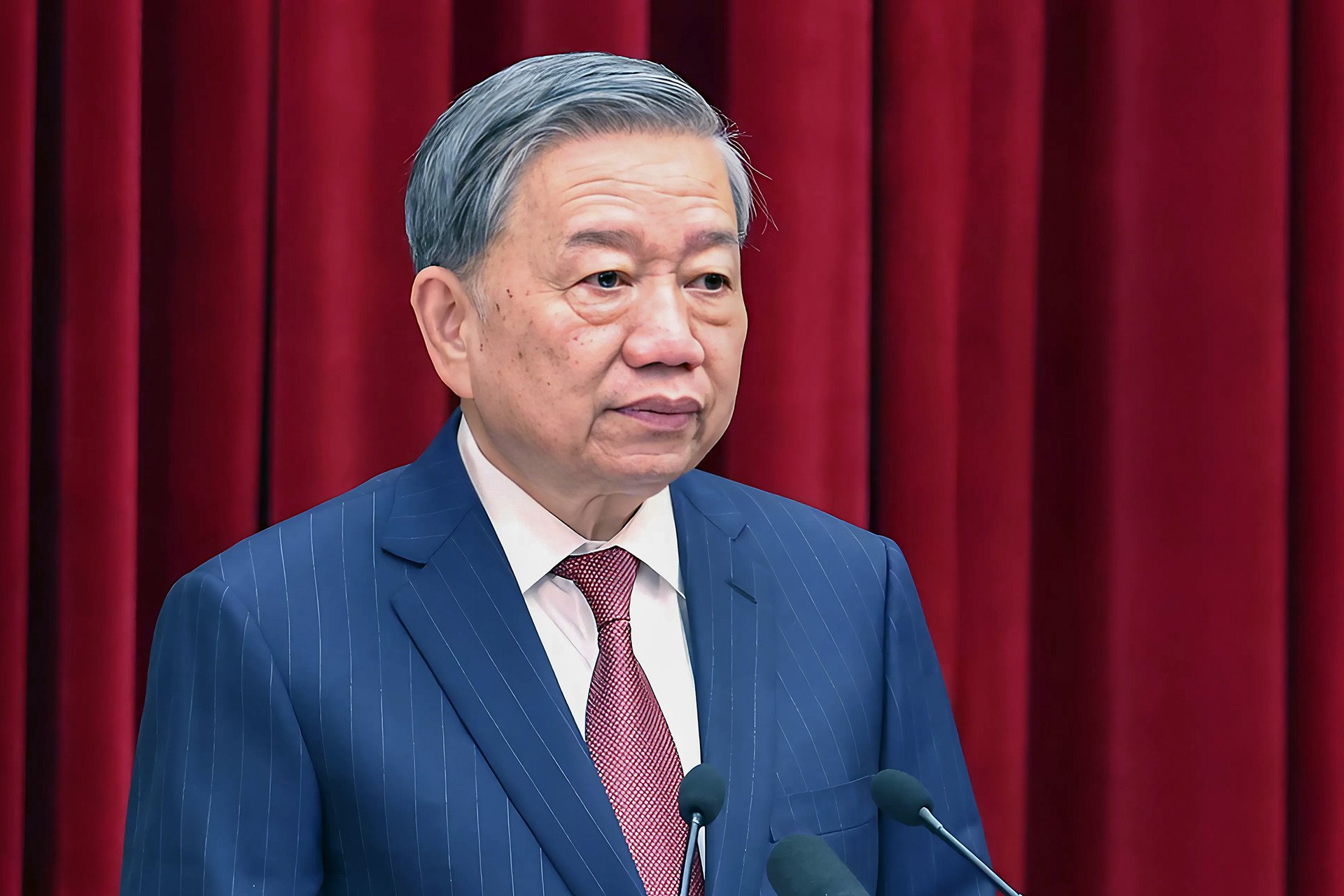
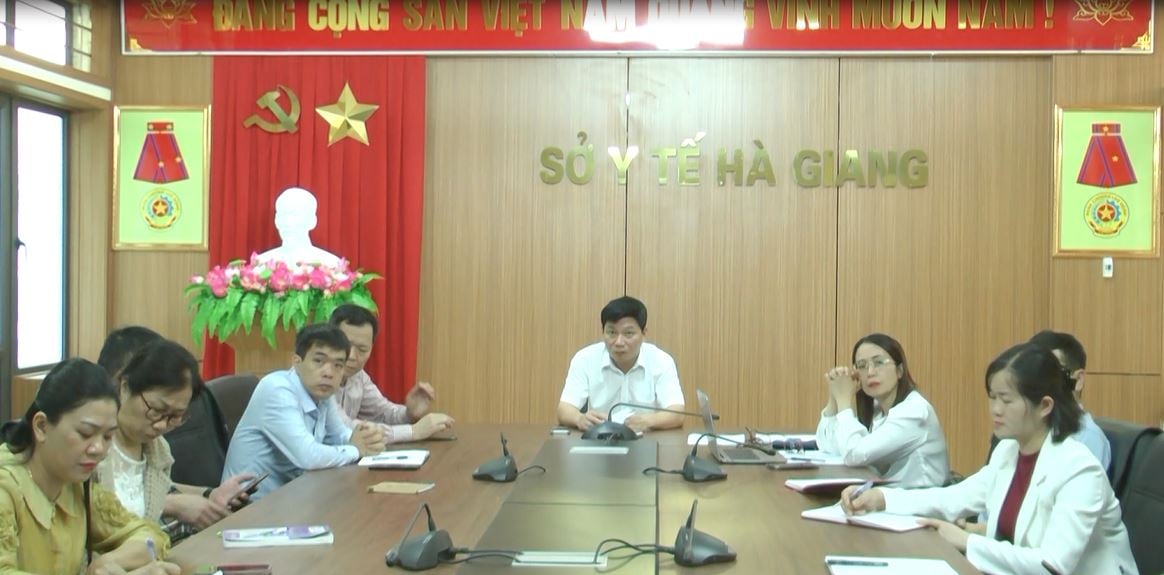
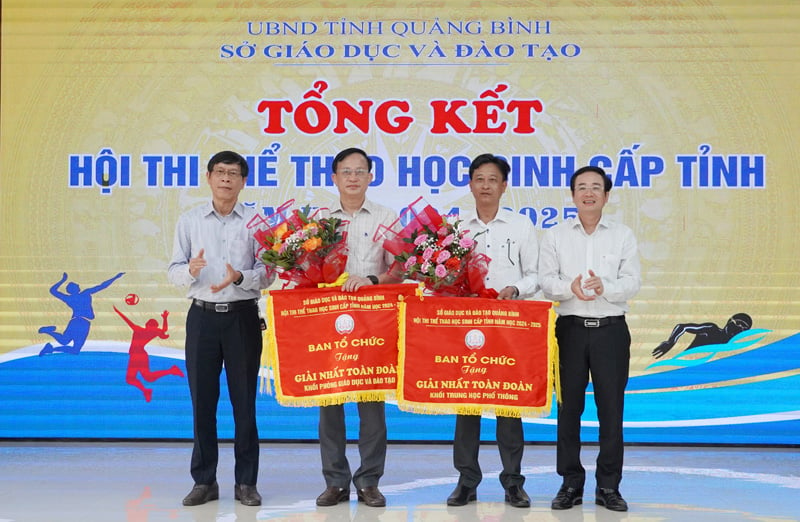




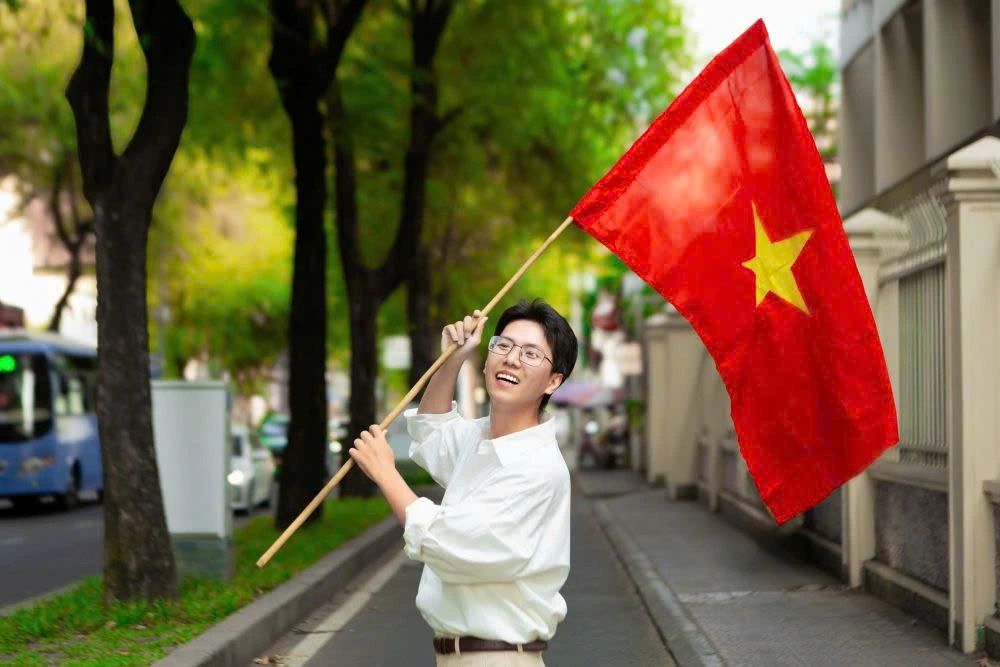
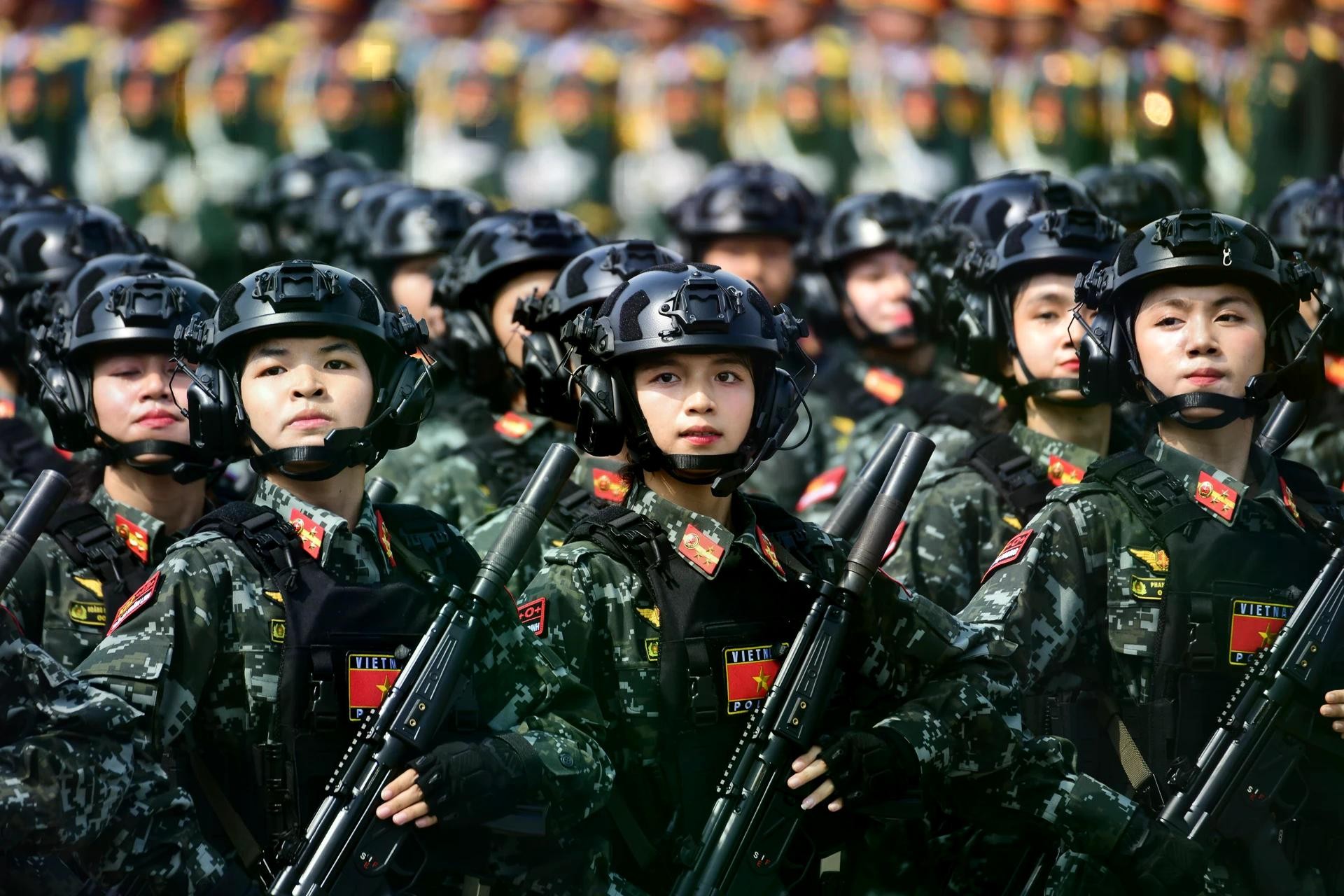
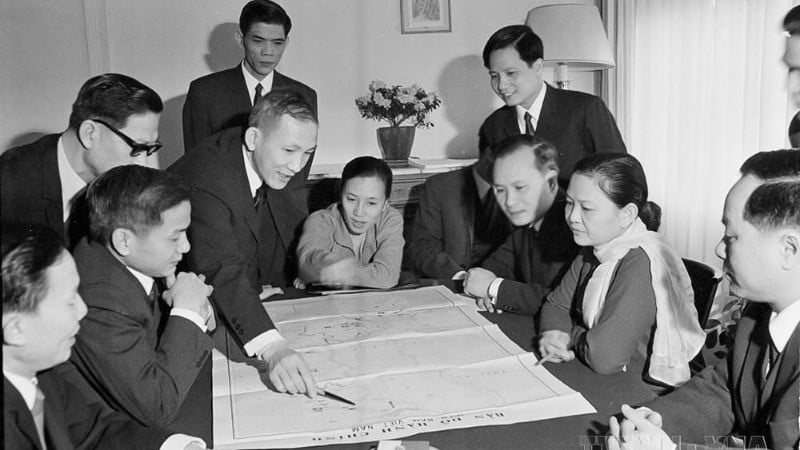
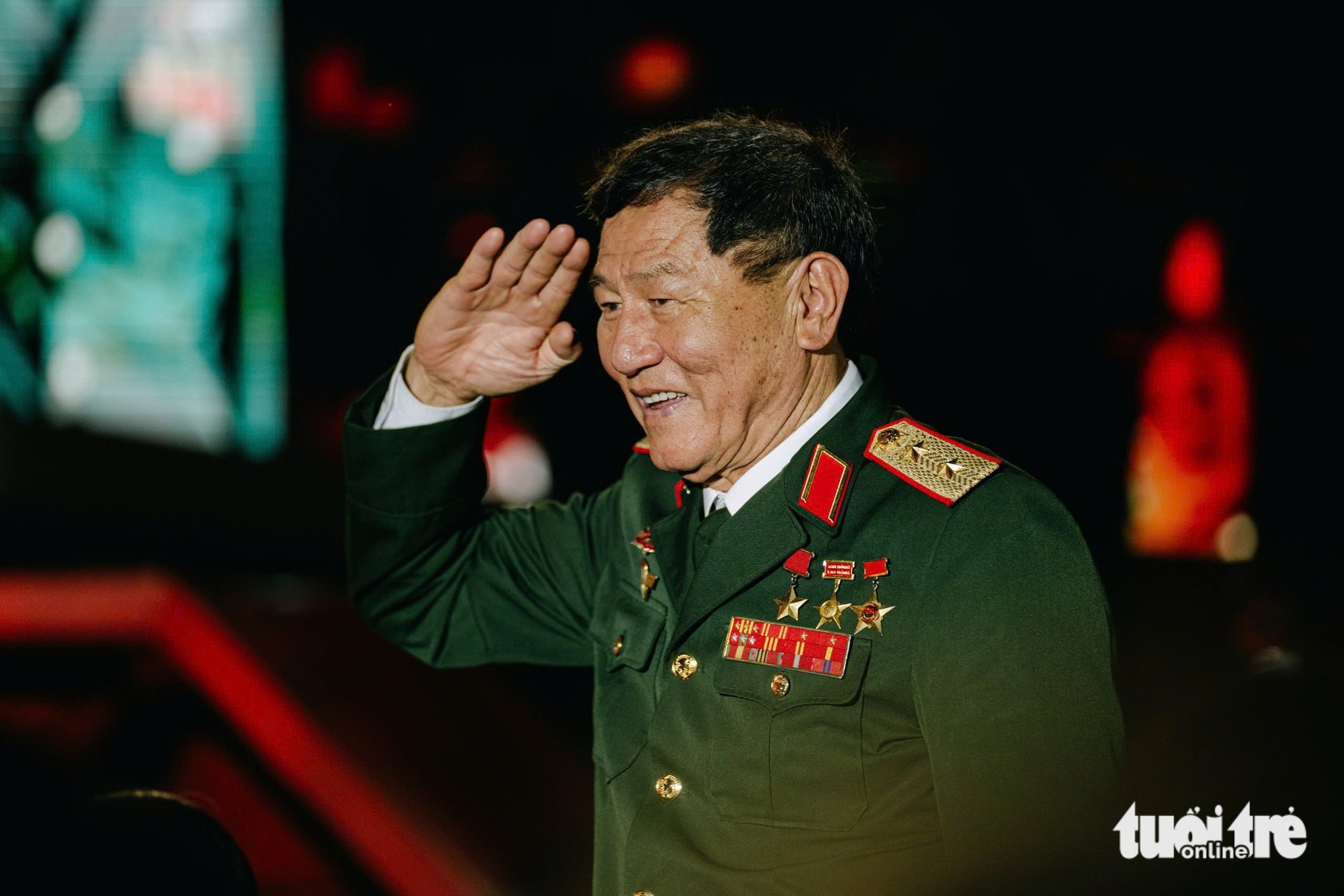





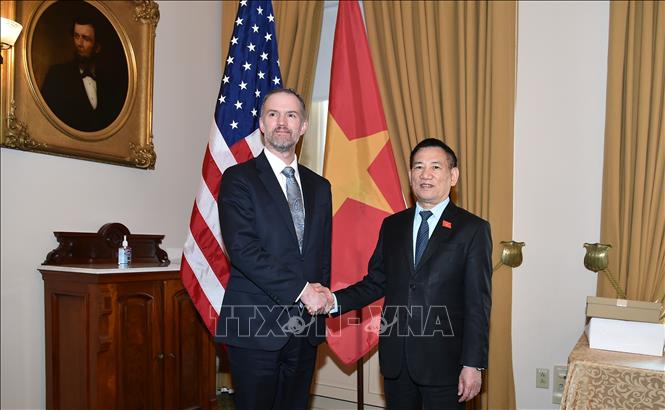
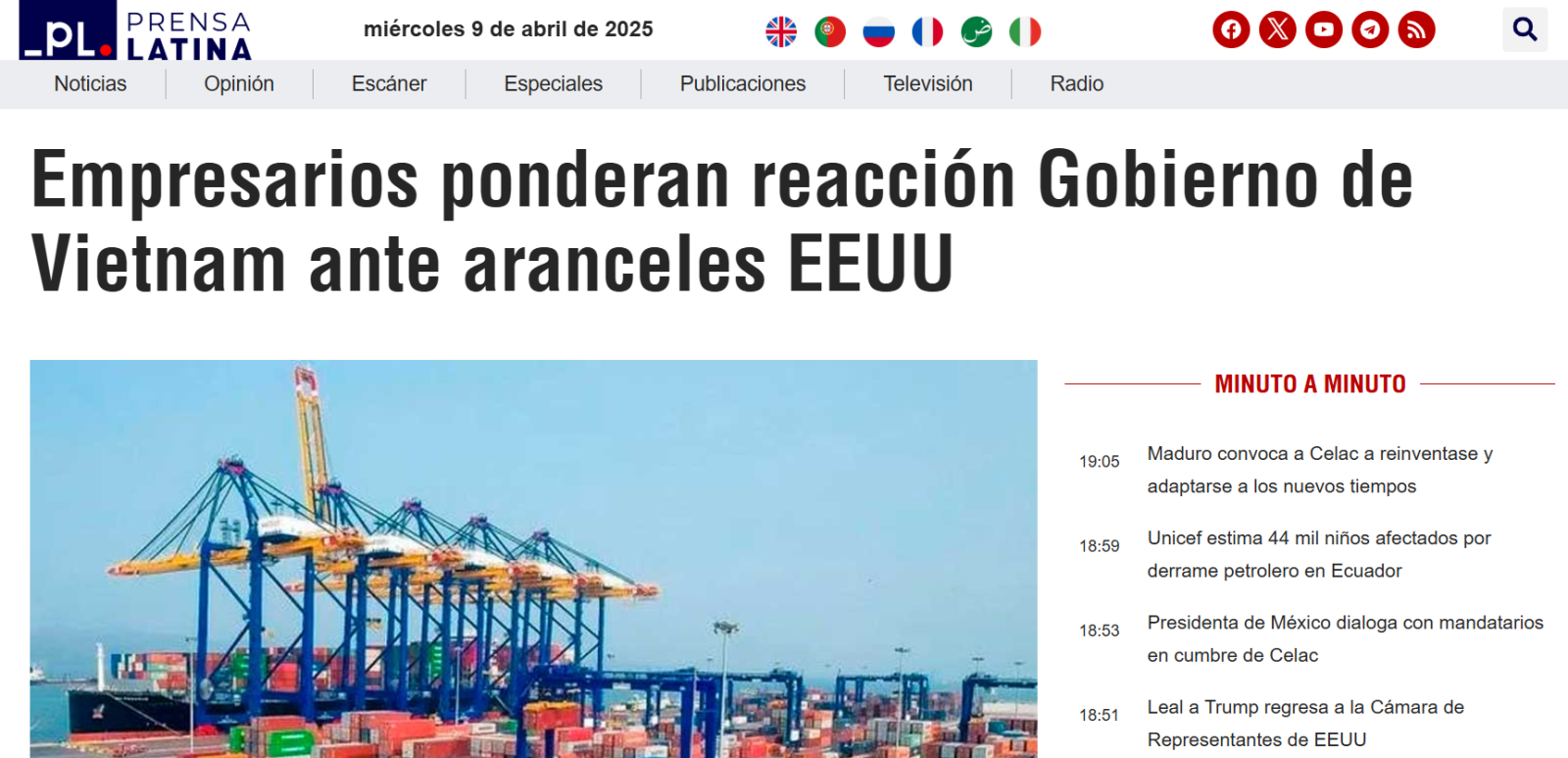
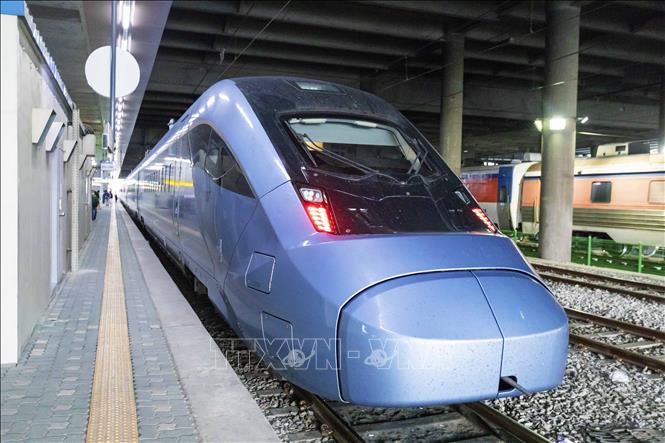











































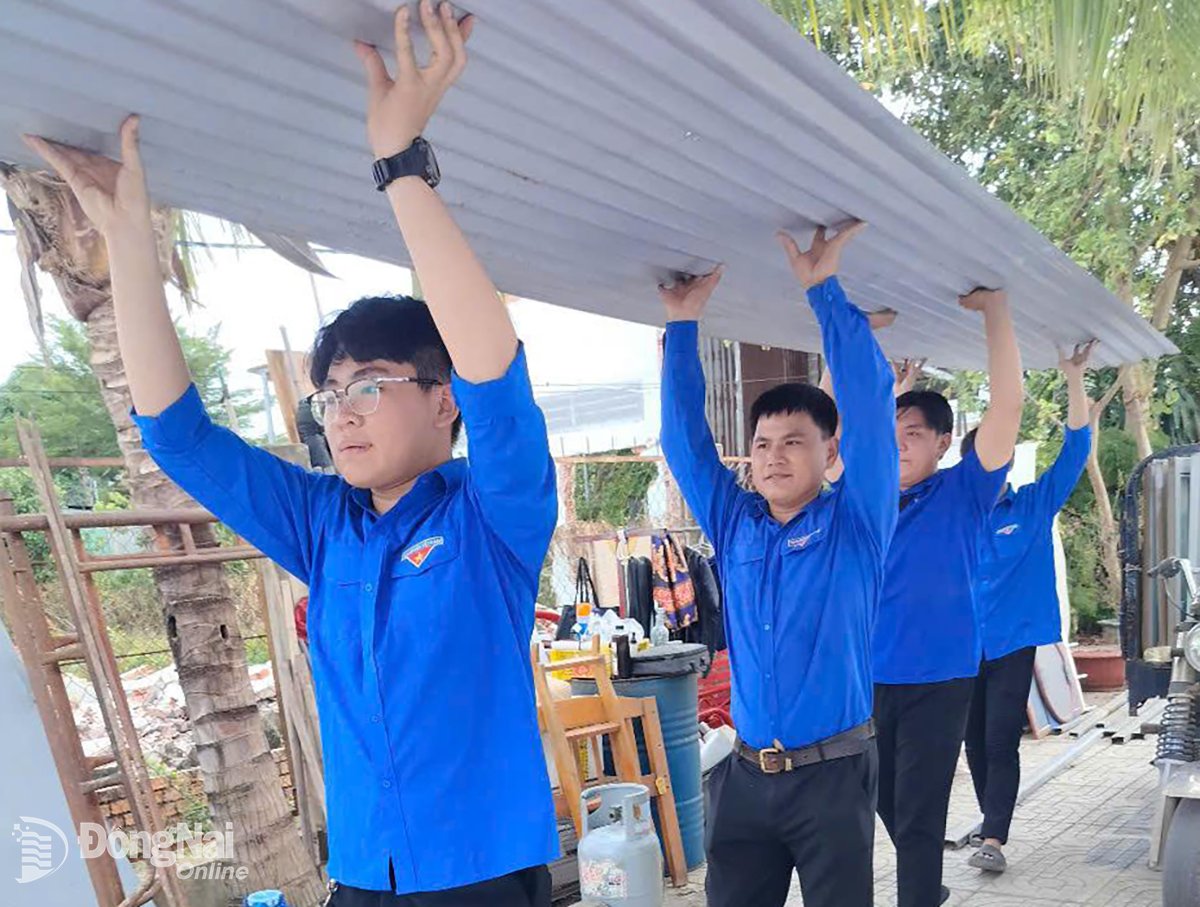

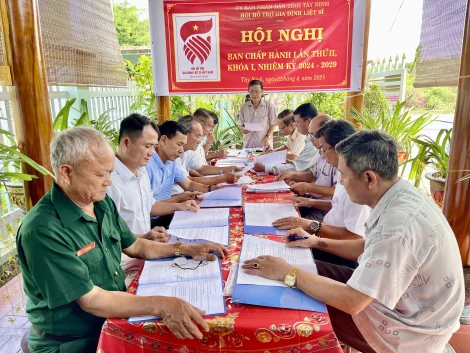



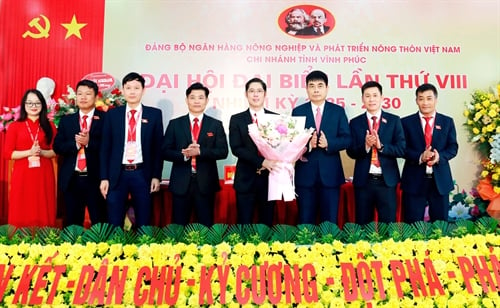












Comment (0)